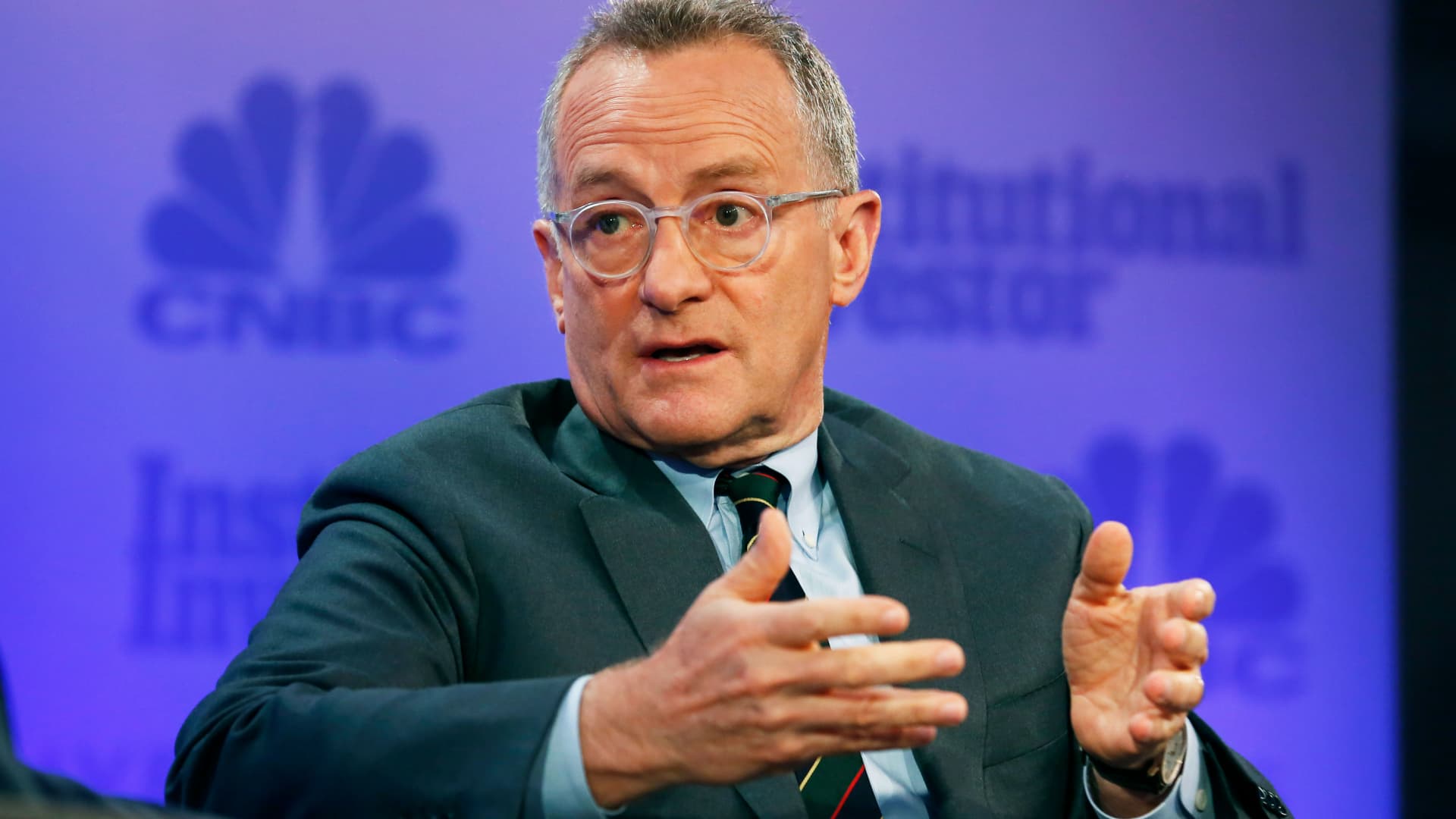
Market veteran Howard Marks said higher rates and safer returns are signs of the market’s third-ever sea change in his 53-year investing career. “We’ve gone from the low-return world of 2009-21 to a full-return world, and it may become more so in the near term,” Marks said in a new memo to his clients Tuesday. “Investors can now potentially get solid returns from credit instruments, meaning they no longer have to rely as heavily on riskier investments to achieve their overall return targets.” Memos from Oaktree Capital Management’s Marks have gained a wide following on Wall Street, and even legendary investor Warren Buffett has said he reads them regularly and always learns something from them. Marks noted that the first two market transformations he witnessed were the boom of private equity and former Federal Reserve chairman Paul Volcker’s drastic rate cuts. “The market characterized by easy money and upbeat borrowers and asset owners disappeared; now lenders and buyers held better cards. Credit investors became able to demand higher returns and better creditor protections,” Marks said. The Fed has deployed a series of aggressive interest rate hikes since March in an effort to bring down inflation running around its highest levels since the early 1980s. Many fear the tightening could tip the economy, still recovering from the pandemic, into a recession. The 76-year-old investor expects the base interest rate over the next several years is more likely to average 2% to 4%, higher than near-zero rates that fueled the last decade-long bull market. “Highly stimulative rates are likely not in the cards for the next several years, barring a serious recession from which we need rescuing,” Marks said. The investor warned that because of the sea change, investments that have worked well in the past might start to underperform in the coming years. “If you grant that the environment is and may continue to be very different from what it was over the last 13 years – and most of the last 40 years – it should follow that the investment strategies that worked best over those periods may not be the ones that outperform in the years ahead,” Marks said. “That’s the sea change I’m talking about.”
